-
Welcome to Tacoma World!
You are currently viewing as a guest! To get full-access, you need to register for a FREE account.
As a registered member, you’ll be able to:- Participate in all Tacoma discussion topics
- Communicate privately with other Tacoma owners from around the world
- Post your own photos in our Members Gallery
- Access all special features of the site
Driving a Tacoma around the world
Discussion in '3rd Gen. Tacomas (2016-2023)' started by Round the world, Jan 4, 2019.
Page 72 of 89
Page 72 of 89


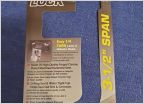 3rd Gen Locking Hitch Pin?
3rd Gen Locking Hitch Pin?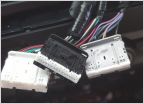 Kenwood DMX1057XR
Kenwood DMX1057XR Entune vs Apple Carplay, what am I missing?
Entune vs Apple Carplay, what am I missing?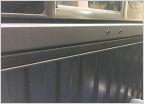 Bed Rail System
Bed Rail System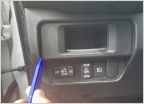 3rd Gen (2019) TRD OR bed light install correct wire to tap
3rd Gen (2019) TRD OR bed light install correct wire to tap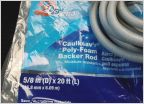 Dash Noise - has anyone had the dealer fix it?
Dash Noise - has anyone had the dealer fix it?



















